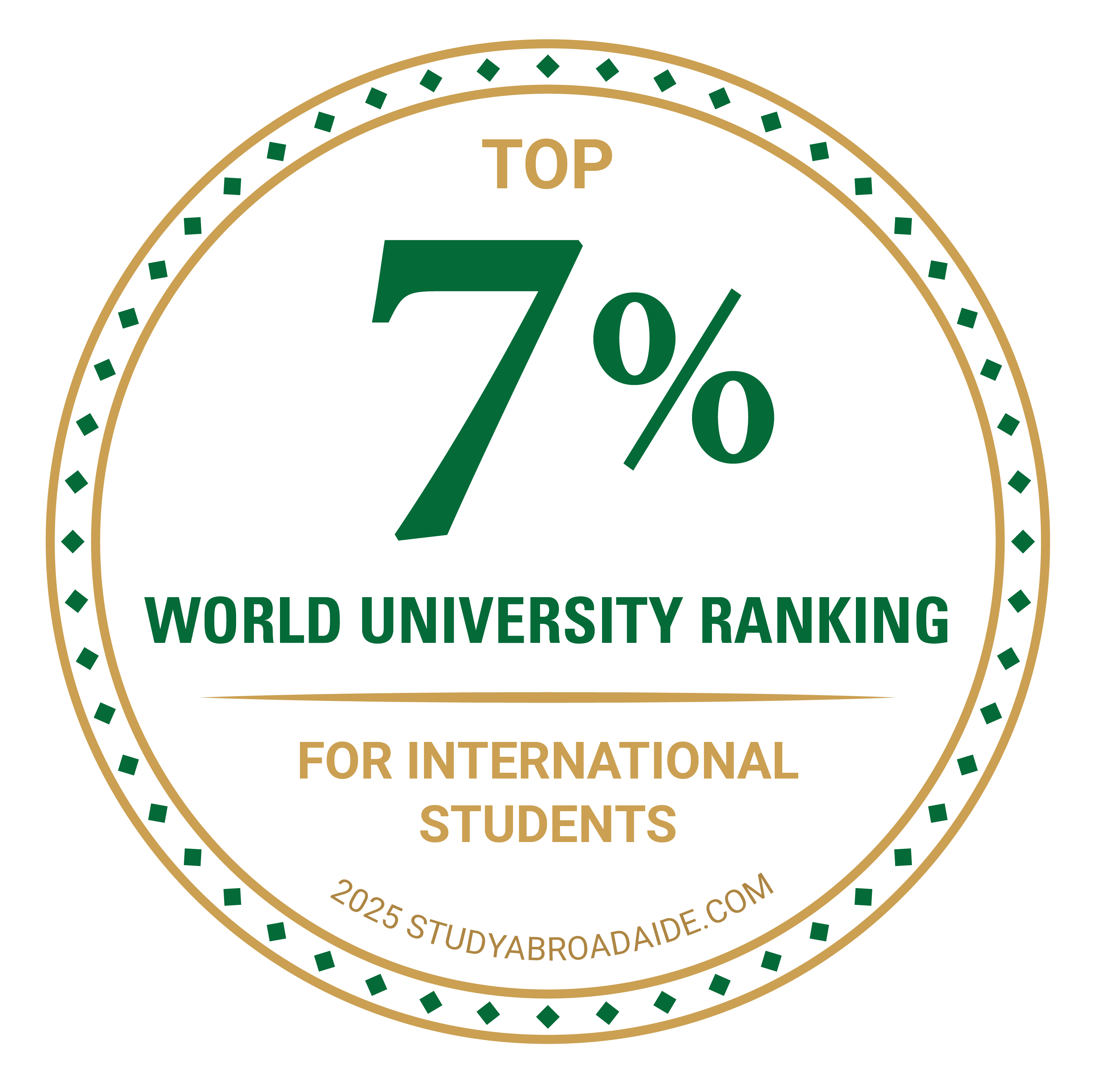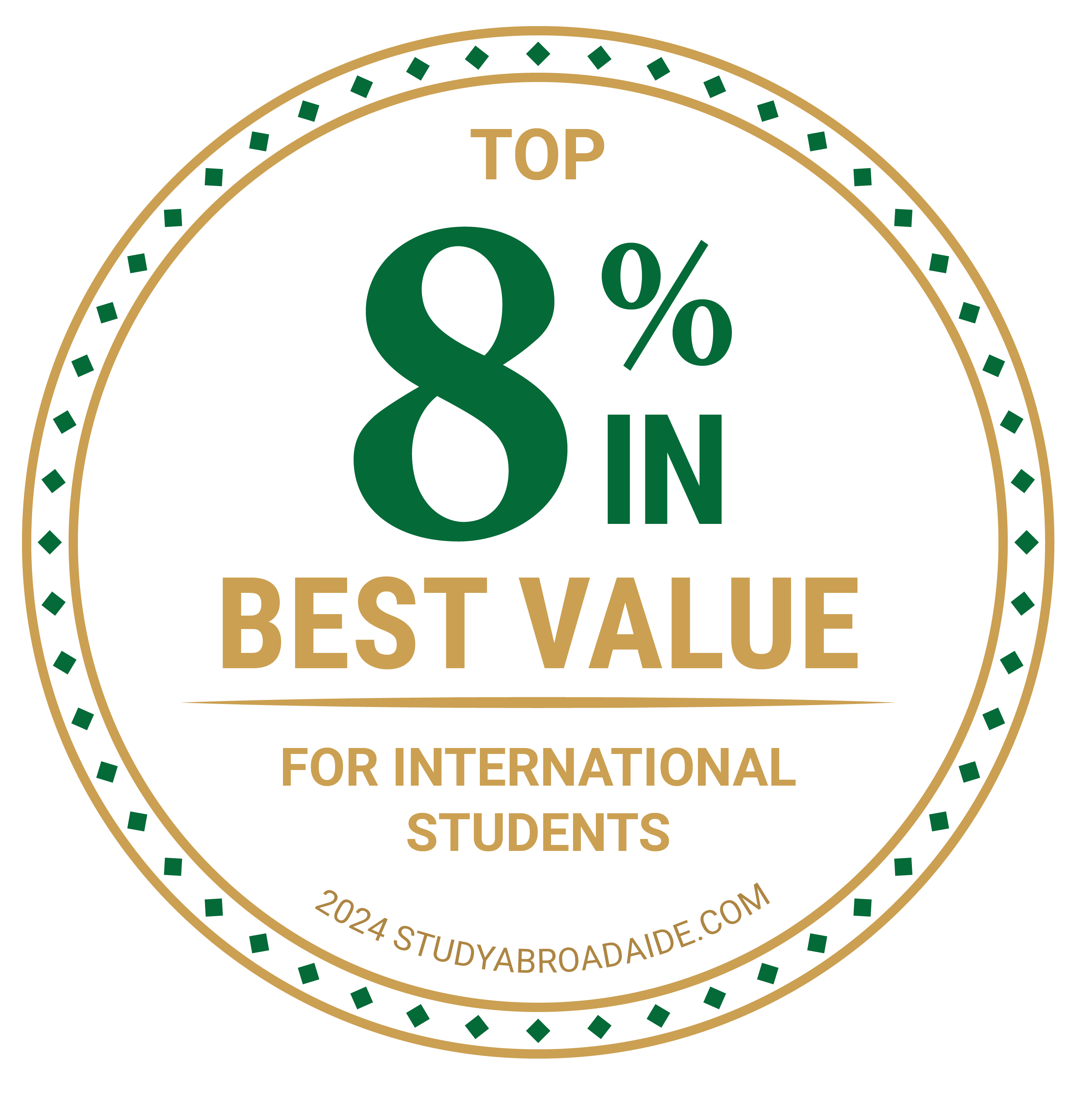Wright State University Protocol Considerations for hosting International Visitors
The University Center for International Education values our many international partnerships. Building and sustaining these partnerships takes a great deal of time and effort. Therefore, it is critical for WSU’s comprehensive international strategy that visiting delegations be well received and afforded culturally relevant courtesies and considerations.
This guidance is not definitive. It simply highlights important considerations that help to ensure a level of quality control and success of the visit. Departments involved with visits from international guests should not hesitate to contact the University Center for International Education with specific questions or to request assistance in preparing for the visit.
All of the considerations listed below have a financial cost associated with them. Work with UCIE to clarify how these costs will be covered BEFORE setting up the visiting agenda. The collaborative unit will be expected to cover some of the costs. UCIE will let the collaborative unit know what expenses are covered by UCIE or the Provost’s office.
Single Point of Contact for International Visitors
Unless otherwise noted, the College Dean will assign a departmental point-of-contact who will be responsible for ensuring consideration of the following items:
1. Meetings involving the Provost or President
The University Center for International Education will coordinate meeting arrangements involving the WSU President and Provost. The University Center for International Education will support and assist colleges and departments, as requested, with other international visitors
https://www.wright.edu/international-education/international-visit-plann...
2. Accommodations
While in most instances local hotels within walking distance of the university will be adequate, factors such as the position/status of the visitor(s), relative importance of the visit to WSU, and nature of accommodations afforded to comparable WSU visits to the other’s country will need to be considered.
3. Transportation
If possible, meet visiting delegations at the airport. Make plans to escort visitors to all meetings and events. If needed, provide transportation for the duration of the visit. This is particularly important if WSU has received such treatment from the visitor’s previously or expect to in the future. Consider if meals will necessary upon arrival. At minimum, provide guests with bottled water for the ride from the airport.
4. Scheduling Considerations
Prepare a detailed itinerary that includes names, titles, and arrival and departure information of visitor (s); names and titles of WSU officials to be seen; date, time, location of meeting or event; responsible WSU party and the latter’s contact information. Do not over-plan the guest(s). If you expect jet lag to be a factor, build in down time upon arrival.
5. Introductions
Err on the side of formality with introduction. Titles and positions may carry more prestige in other cultures. Review cultural practices relative to handshakes, bowing, etc. before the guests arrive. Be prepared with an adequate supply of business cards.
6. Gifts
It is appropriate to prepare gifts for visiting delegations given the time and cost invested in their visit to WSU. WSU should expect that official international delegations will arrive on campus bearing gifts. International visitors typically present high quality gifts and this should be kept in mind in selecting appropriate gifts for our guests. The collaborative unit is responsible for acquiring appropriate gifts and coordinating presentation arrangements.
7. Signing Ceremonies
Ceremonies involving the signing of agreements should always be conducted with formality. Gifts can be exchanged either at the beginning or end of the ceremony. Consider displaying flags, floral arrangements or memorabilia of the country in WSU possession etc. Documents should be signed with high quality pens that mark the occasion and provided as gifts. Photos should be sent to the guests as well as used on WSU websites/social media outlets to publicize the relationship. Consider appropriateness of inviting outside media.
8. Meals and Receptions
Avoid over scheduling guests but do convey respect and value to the relationship through continual hospitality. If the delegation is led by the head of the institution, the WSU President or Provost, if they are available, should host an event in their honor. Not only is social interaction at that level very important, it is often the context through which decisions are made and business is transacted. Where possible, incorporate entertainment or performances by students, faculty or community members into events such as dinners and receptions. The highest ranking visitor is typically seated to the host’s right. Place cards are recommended for meals/receptions to assist with name recognition and avoid embarrassment. It is not advisable to prepare foods from the visitor’s culture unless you are absolutely certain it can be prepared properly. As hosts, consider sharing and highlighting local faire with visitors as the same is common when WSU delegations are hosted abroad.
9. Translation and Special Services
Establish and ensure translation services for visitors whose language preference is other than English. Additional special services such as sign language or other disability services should also be planned for when necessary.



